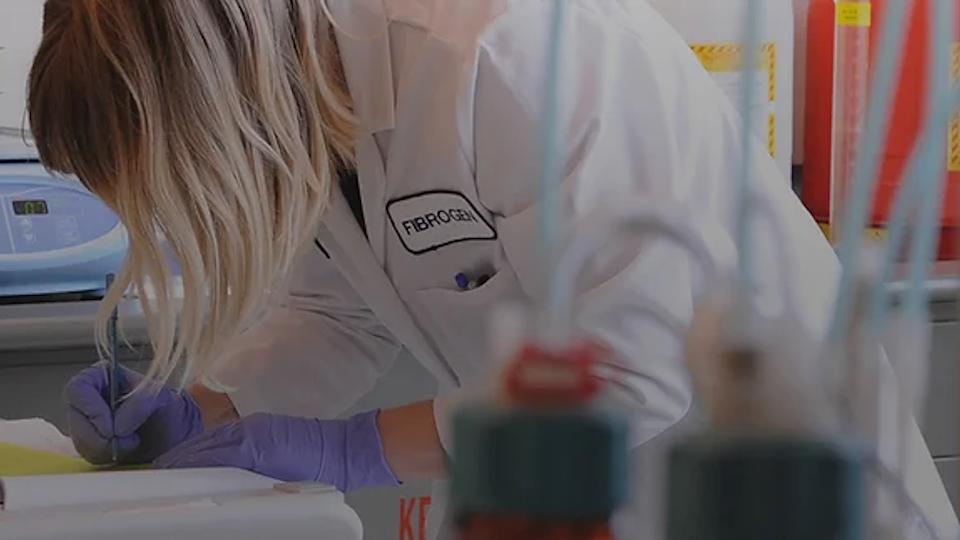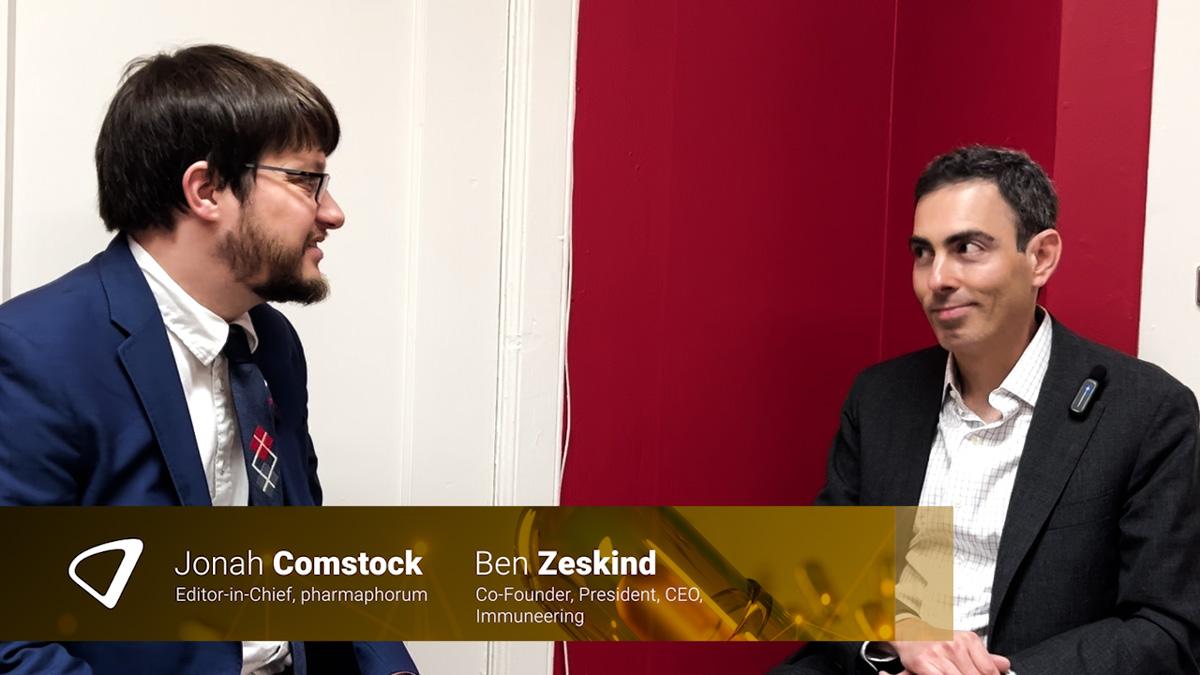FibroGen wields axe as pancreatic cancer drug is canned

FibroGen has pulled the plug on its lead drug pamrevlumab after two failed trials in pancreatic cancer and immediately announced plans to shed three-quarters of its workforce.
The San Francisco biotech confirmed that neither the PanCAN Precision Promise study in metastatic pancreatic cancer nor the LAPIS trial in patients with locally advanced, unresectable pancreatic cancer had shown an improvement in overall survival (OS) with the drug.
They were the last throw of the dice for pamrevlumab, which has been vying to become the first therapy targeting connective tissue growth factor (CTGF) to come to market.
The drug was earlier being developed for Duchenne muscular dystrophy (DMD), but also failed to move the needle in phase 3 trials and was abandoned for that indication a year ago, prompting an earlier cost-reduction drive that had extended FibroGen's cash runway out to 2026.
With pamrevlumab now scrapped, the path forward for FibroGen is unclear, and the company didn't give any indication of its plans in the statement announcing the pancreatic cancer programme failure. Its shares were down 46% in premarket trading.
Chief executive Thane Wettig said he was "deeply disappointed" by the outcome, particularly given the pressing need for new treatment options for pancreatic cancer.
The company was still sitting on around $215 million in cash at the end of March, and also draws a revenue stream from Astellas-partnered Evrenzo (roxadustat), used to treat anaemia caused by chronic kidney disease (CKD), which generated $56 million in revenues for the biotech in the first quarter. However, FibroGen's former partner for the drug in the US and other markets, AstraZeneca, returned rights to the drug earlier this year after it failed to garner FDA approval.
FibroGen does have various earlier-stage projects in the pipeline, headed by FG-3246, a CD46-targeting antibody-drug conjugate (ADC) for the treatment of metastatic castration-resistant prostate cancer (mCRPC) that it licensed last year from Fortis Therapeutics.
At this year's ASCO, positive data was reported from an investigator-led phase 1b study that looked at the combination of FG-3246 with Pfizer/Astellas' Xtandi (enzalutamide) in mCRPC and set up a phase 2 programme.
It also recently got FDA approval to start trials of FG-3165, an anti-galectin-9 antibody with potential as a treatment for solid tumours, and an anti-CCR8 antibody codenamed FG-3175 in preclinical development. Both are set to be tested alongside Regeneron's PD-1 inhibitor Libtayo (cemiplimab) under an agreement between the two companies signed in June.












